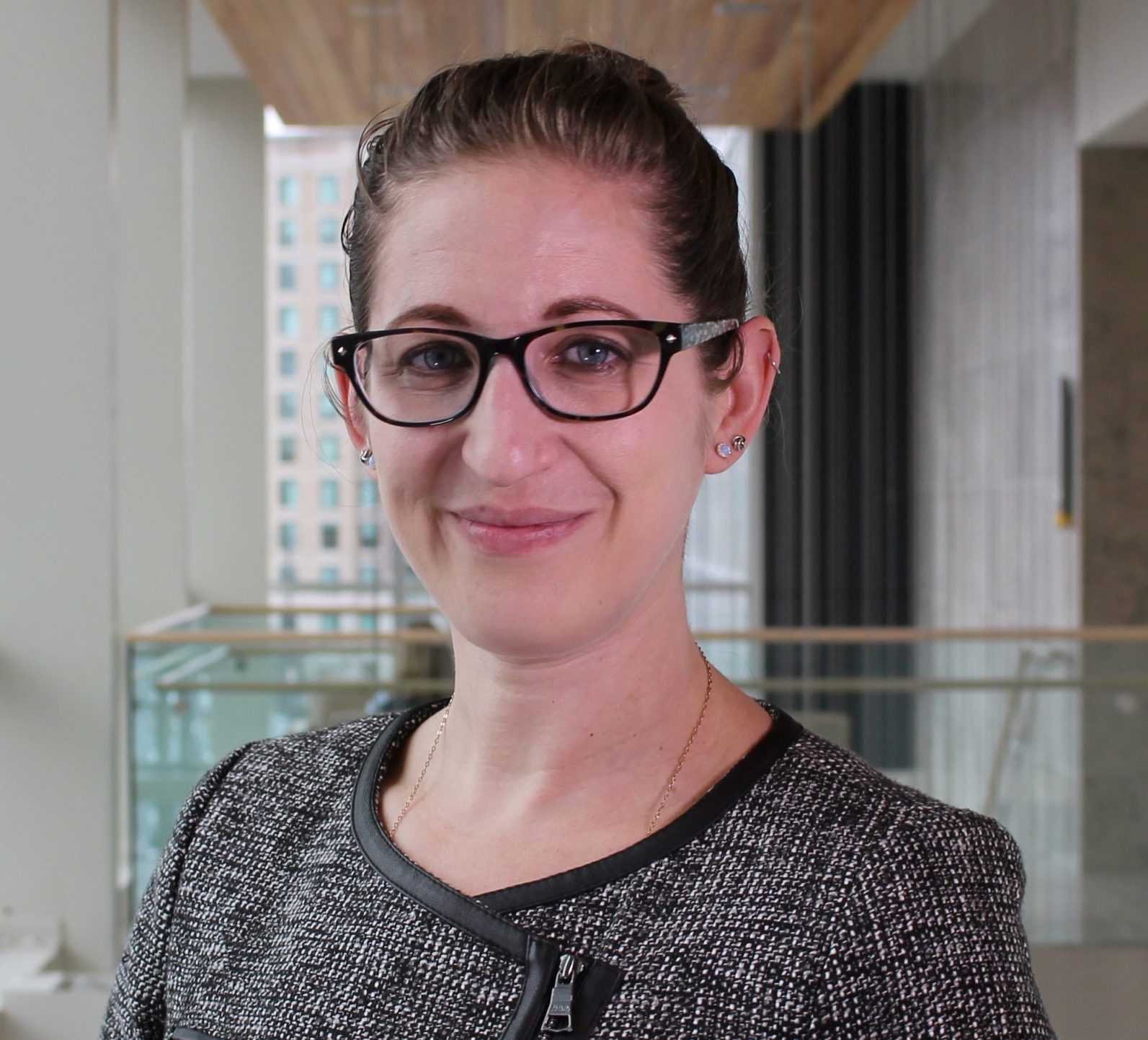Dr. Jennifer Quizi makes viruses – but not just any kind of viruses.
The scientific investigator and director of virus manufacturing at The Ottawa Hospital’s Biotherapeutics Manufacturing Centre (BMC) oversees the production of cancer-killing and therapeutic viruses as well as vaccines. Her team’s work is crucial for the development of made-in-Canada solutions to global health challenges.
“Notwithstanding the pandemic, I think viruses get a bit of a bad rap,” she says with a small chuckle. “We can use them very effectively as tools and as a way to re-educate your own immune system to recognize certain diseases as bad. That allows us a very targeted response to diseases like cancer, as opposed to what we traditionally have with chemotherapy, which is very off-target in general.”
More importantly, biotherapeutics have the potential to cure disease – not just treat it. And they can often be personalized for each patient.
Becoming a leader for developing new therapies
The Ottawa Hospital’s BMC is a hidden jewel that is helping Ottawa become a leading city for developing new therapies. It’s the most experienced and successful facility of its kind in Canada and the only one with a track record of both virus and cell manufacturing. The centre has produced more than 20 different therapies and vaccines for human clinical trials in Canada, the U.S., Europe, and Asia.

Dr. Duncan Stewart, executive vice-president, Research at The Ottawa Hospital and a leader in regenerative medicine research explains the BMC is a key factor in the hospital’s ability to attract and retain world-leading researchers and offer innovative clinical trials to patients.
“It is very rare for academic researchers to have access to biomanufacturing in the hospital or university setting, let alone to have access to a facility that can make the many kinds of therapies BMC can. Access to BMC is what enables researchers at The Ottawa Hospital to accelerate new therapies into the clinic for the benefit of patients,” he said.
Over the last five years alone, there has been an unprecedented surge in demand for biomanufacturing to produce innovative treatments for cancer, cardiovascular disease, neurological disease and other conditions. The need for COVID-19 vaccines put even more pressure on the biomanufacturing system, but the demand predates the pandemic.
According to Dr. Stewart, over its 15-year history, the facility has grown to approximately 40 specialized and highly-trained staff. BMC also supports Canada’s first hands-on biotherapeutics manufacturing training program (in partnership with Algonquin College, the University of Ottawa, Carleton University, and Mitacs). It can play a key role in growing Canada’s biomanufacturing training pipeline — vitally important for the future.
The BMC in action: CAR T-Cell Therapy
There are many examples of the BMC’s success including the development of the first made-in-Canada CAR-T cells, led by Dr. Natasha Kekre, Dr. Quizi, and other researchers including collaborators in B.C.
CAR T-cell therapy is a custom immunotherapy that uses a combination of virus and cell products to produce an immune response against cancer.
After seeing the success of American-made CAR T-cell therapy, Dr. Quizi says she and her colleagues “had a watershed moment: Why not us?”

So, the group pooled its collective expertise and created the Canadian-Led Immunotherapies for Cancer (CLIC) program. Thanks largely to the facilities at the BMC, CLIC received Health Canada’s approval for the first clinical trial of made-in-Canada CAR-T cells within around two years.
“And that’s truly a breakneck speed. For this sort of development, I think the average time from concept to actual clinical trial is somewhere between seven and 10 years. That means we’re able to get new therapies for patients into practice much faster.”
The first CLIC clinical trial launched in 2019 at The Ottawa Hospital and at BC Cancer and is showing promising results.
“More than a dozen people with blood cancer who had exhausted all treatment options are alive today and cancer-free thanks to this trial enabled by our BMC. It’s opening the door to less expensive and more equitable CAR-T treatment across Canada,” explains Dr. Quizi. “It also provides a platform for the development of even better cellular immunotherapies that may work for more kinds of cancer.”
Once-in-a-lifetime opportunity to build a state-of-the-art BMC
Dr. Stewart says that thanks to its success, the BMC has now outgrown its current quarters at The Ottawa Hospital’s General Campus.
There are big plans to expand the facility as part of a life sciences park at the hospital’s new campus on Carling Avenue.
“With the new campus, we’re planning a state-of-the-art, absolutely first-class facility that will support all of our needs and will also support greater innovation across the country around biotherapeutics and vaccines,” he says. “That includes small companies that get spun out or incubated in the hospital’s research facilities, medium-sized companies that want to be able to benefit from our specific capabilities and expertise.”
Expanding the BMC would dramatically speed up the research process and get innovative therapies to the people of Ottawa, Ontario, and Canada more quickly. It would benefit Canada’s biotechnology and life sciences industries and help create high-quality jobs, along with economic benefits.

